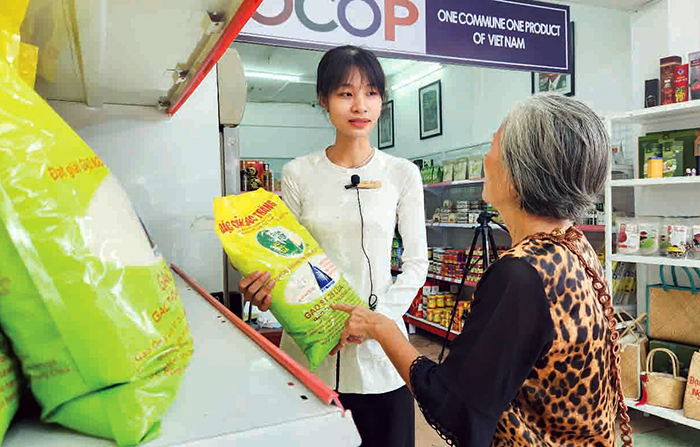
ST 25 rice is sold at a store in Can Tho city.
Focus on brand development
According to Dr. Nguyen Quoc Nghi, School of Economics, Can Tho University, protecting intellectual property rights for specialty and specific products is considered an important legal tool and marketing support to ensure origin, prevent counterfeiting and increase the added value of regional specialty and specific products. In the period 2018-2023, the Mekong Delta region has nearly 9,870 intellectual property registration applications, more than 5,800 protection certificates for local products. Some of the key products and outstanding specialties that are protected include Phu Quoc fish sauce, which is protected by geographical indications in EU member countries; Soc Trang ST fragrant rice is a successful example of brand building, especially ST25, which has won the title of the best rice in the world.
Mr. Pham Truong Giang, Deputy Director of the Department of Science and Technology of Can Tho City, said: Can Tho has many typical products associated with natural conditions and local culture. The Department of Science and Technology always pays attention to and implements many activities to support enterprises, cooperatives (HTX), and craft villages in registering for protection and managing intellectual property such as the Can Tho City Intellectual Property Development Program to support OCOP entities in registering for trademark protection; supporting the implementation of a number of tasks to help entities develop products associated with brand building, building a product management system associated with registering growing area codes, food safety, quality certification and authentication, and tracing the origin of protected products. The city currently has 3 geographical indications, 8 certification marks, 41 collective marks, and a number of typical products such as Hau Giang snakehead fish, Vinh Chau purple onion, Hau Giang Cau Duc pineapple, etc.
Mr. Huynh Hung Dung, Deputy Director of the Department of Science and Technology of Ca Mau province, said: Up to now, the province has been granted 33 typical specialty products by the Department of Intellectual Property, including 4 geographical indications, 12 collective trademarks, and 17 certification trademarks. Particularly for collective trademarks, in addition to implementing the program of building, protecting, managing, and developing specific products and local specialties, there are also 20 protected cooperatives, bringing the total number of collective trademarks of Ca Mau province to 32. In addition, the province has supported more than 60 enterprises using protected trademarks in the area to control and evaluate product quality, develop basic standards; build codes and barcodes to design product labels; produce video clips to promote the brand identity system.
Enhance competitiveness, build trust
In reality, the proportion of key products and specialties of the Mekong Delta region that are labeled with collective trademarks and certified trademarks is still modest; many products are distributed mainly in raw form, lacking clear brand recognition. Many products, although granted trademark protection certificates, are not used consistently on packaging, product labels or communications. In the distribution and consumption stages, the connection between the trademark owner and the enterprise, e-commerce platforms and distribution channels is still loose, leading to the brand value of key products and specialties not fully exploiting their potential and advantages.
Many opinions say that the protection of local specialty products does not stop at establishing intellectual property rights associated with the socio-economic development strategy, especially the development of value chains linking production, consumption, promotion and tourism connection. Mr. Huynh Hung Dung emphasized: Promoting the role of community subjects, in which cooperatives, enterprises and producers are the forces that maintain the reputation and quality of products. Reality shows that when the community actively participates in managing and exploiting brands, the value and sustainability of intellectual property are significantly increased. In addition, the combination of indigenous knowledge and the application of science and technology is an inevitable direction. Traditional experiences and secrets need to be preserved, while the application of modern science and technology in management, processing and quality control will create a breakthrough to help products preserve their identity and meet the strict requirements of the market.
According to Dr. Nguyen Quoc Nghi, organizations representing trademark owners and collectives of certified trademarks, including cooperatives, associations and agricultural extension centers, play a key role in managing, protecting and promoting brands. In the context of digital transformation, these units need to standardize the brand management process on a digital platform from registration, monitoring, use to trade promotion. Deploying a traceability system using QR codes, blockchain or open data portals will help improve product traceability and create trust for consumers. Brand management organizations need to coordinate with local intellectual property agencies to periodically evaluate the effectiveness of trademark use and update data on the Intellectual Property Office's IPPlatform to ensure consistency and avoid legal conflicts in exploitation.
It can be seen that when intellectual property is protected and developed in the right direction, each specialty product not only brings economic value, but also preserves the culture and reputation of the land and people there. This is also a commitment, proof, creating trust for consumers, thereby contributing to creating a sustainable brand for Vietnamese agricultural products in domestic and foreign markets.
Article and photos: MY THANH
Source: https://baocantho.com.vn/khai-thac-phat-trien-tai-san-tri-tue-doi-voi-dac-san-dia-phuong-a193861.html





![[Photo] The "scars" of Da Nang's mountains and forests after storms and floods](https://vphoto.vietnam.vn/thumb/1200x675/vietnam/resource/IMAGE/2025/11/13/1762996564834_sl8-jpg.webp)
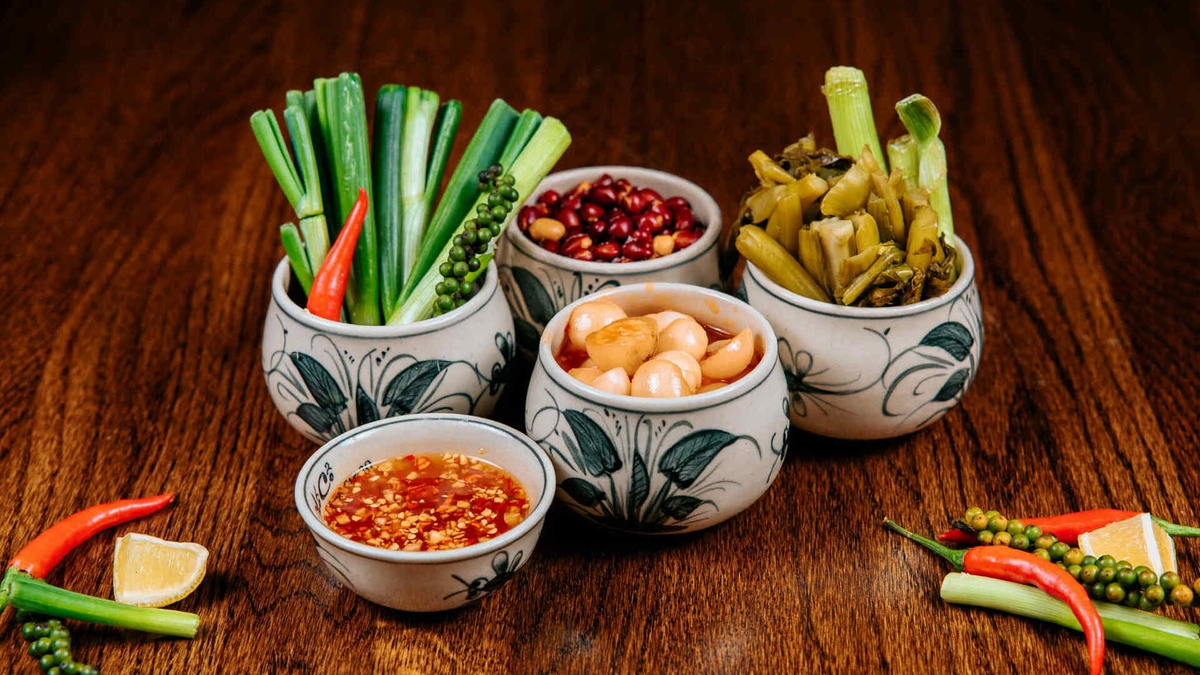

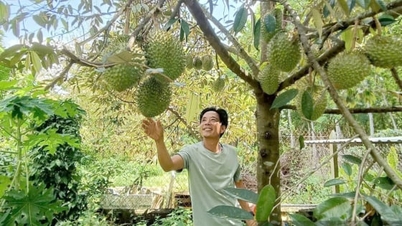






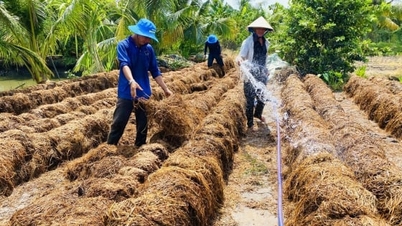

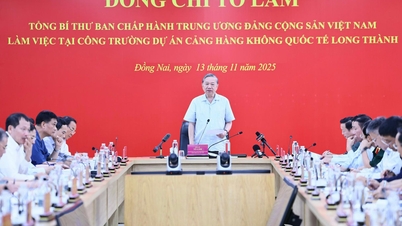



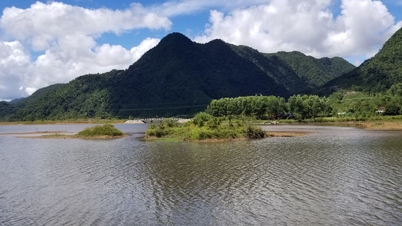



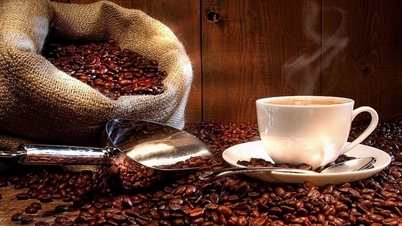

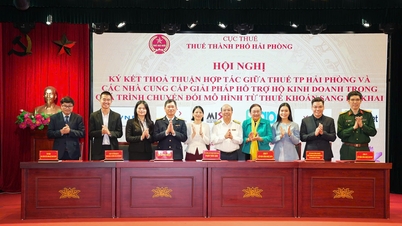






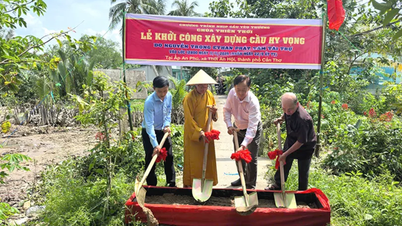
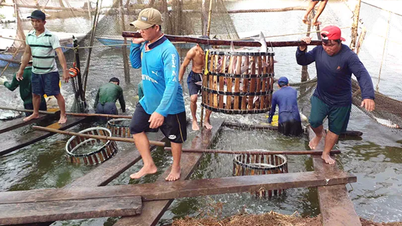

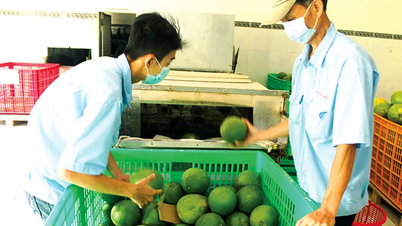
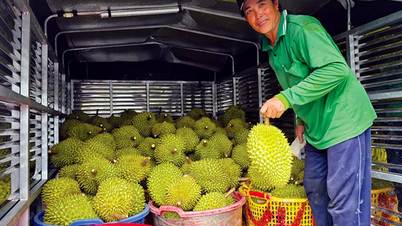
![[Photo] General Secretary To Lam visits Long Thanh International Airport Project](https://vphoto.vietnam.vn/thumb/1200x675/vietnam/resource/IMAGE/2025/11/13/1763008564398_vna-potal-tong-bi-thu-to-lam-tham-du-an-cang-hang-khong-quoc-te-long-thanh-8404600-1261-jpg.webp)









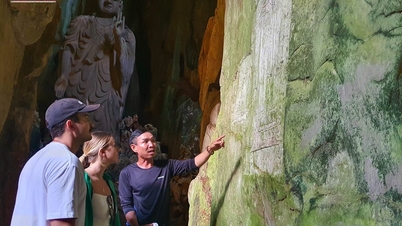
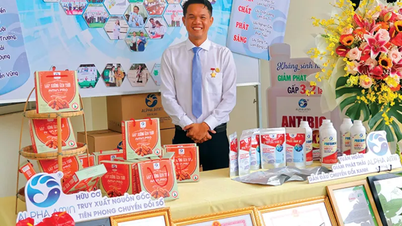







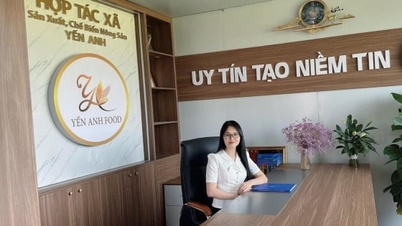




























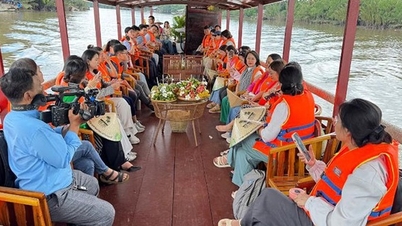







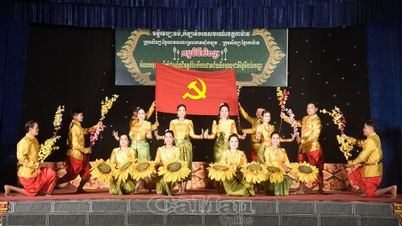


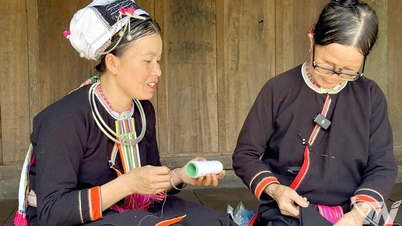





![Dong Nai OCOP transition: [Article 3] Linking tourism with OCOP product consumption](https://vphoto.vietnam.vn/thumb/402x226/vietnam/resource/IMAGE/2025/11/10/1762739199309_1324-2740-7_n-162543_981.jpeg)







Comment (0)